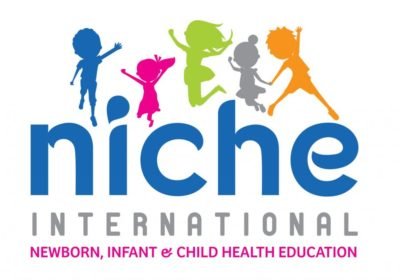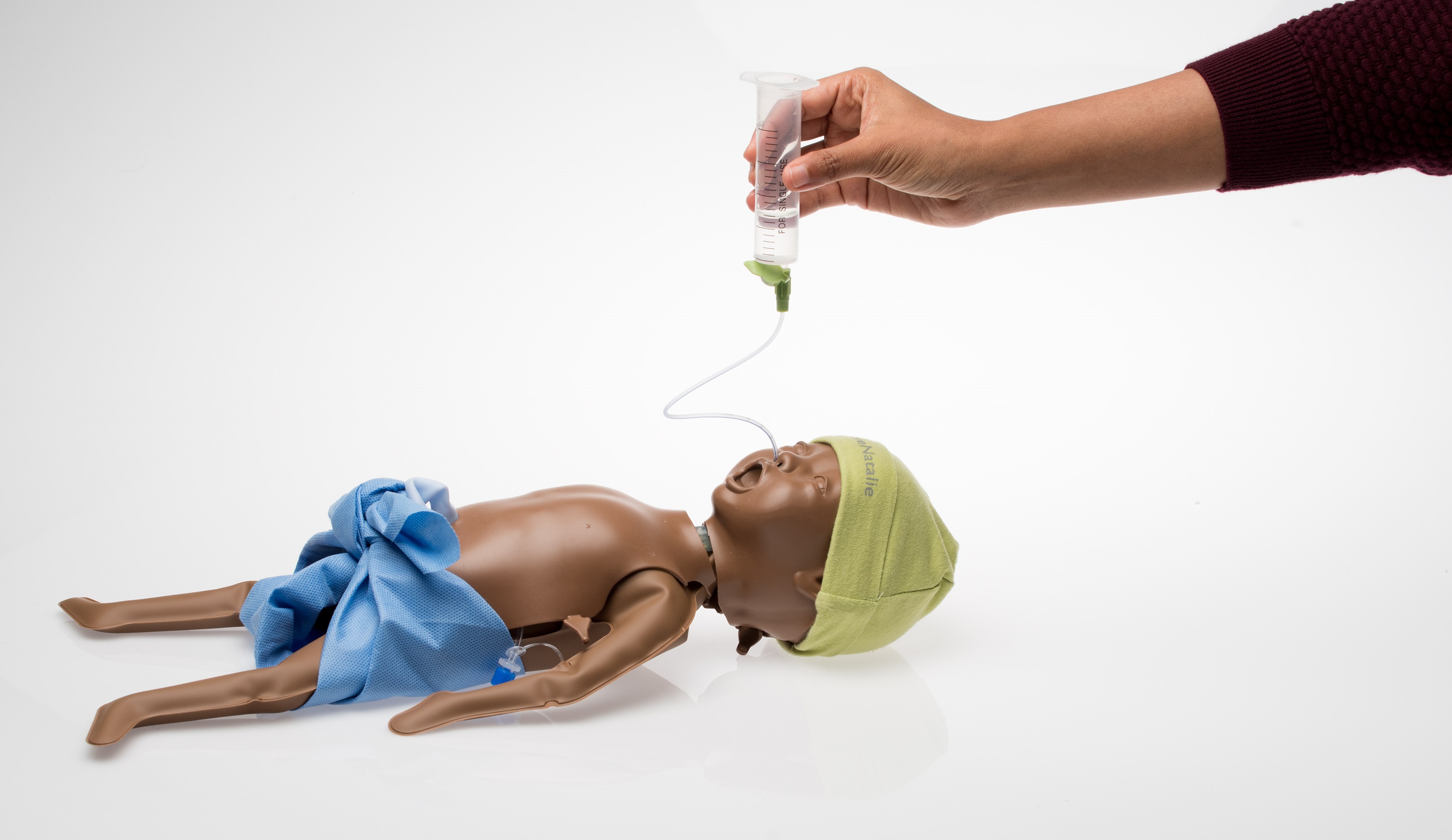Two instructors and two learners on this second Neonatal Care Course have breastfeeding babies with them. Look at the size of them! Great to have real life role models; we should encourage this on UK courses.



23 countries, including Uganda, have achieved exclusive breastfeeding rates above 60 per cent. The other countries are Bolivia, Burundi, Cabo Verde, Cambodia, Democratic People’s Republic of Korea, Eritrea, Kenya, Kiribati, Lesotho, Malawi, Micronesia, Federated States of Nauru, Nepal, Peru, Rwanda, São Tome and Principe, Solomon Islands, Sri Lanka, Swaziland, Timor-Leste, Vanuatu, and Zambia. Is your country represented here? Can you do anything to get your own country on to this UNICEF list?
In Africa, nearly 70 per cent of countries have high rates of continued breastfeeding at one year, but in the Americas, only four countries have such high rates. [Source: https://www.unicef.org/uganda/press-releases/babies-and-mothers-worldwide-failed-lack-investment-breastfeeding]












